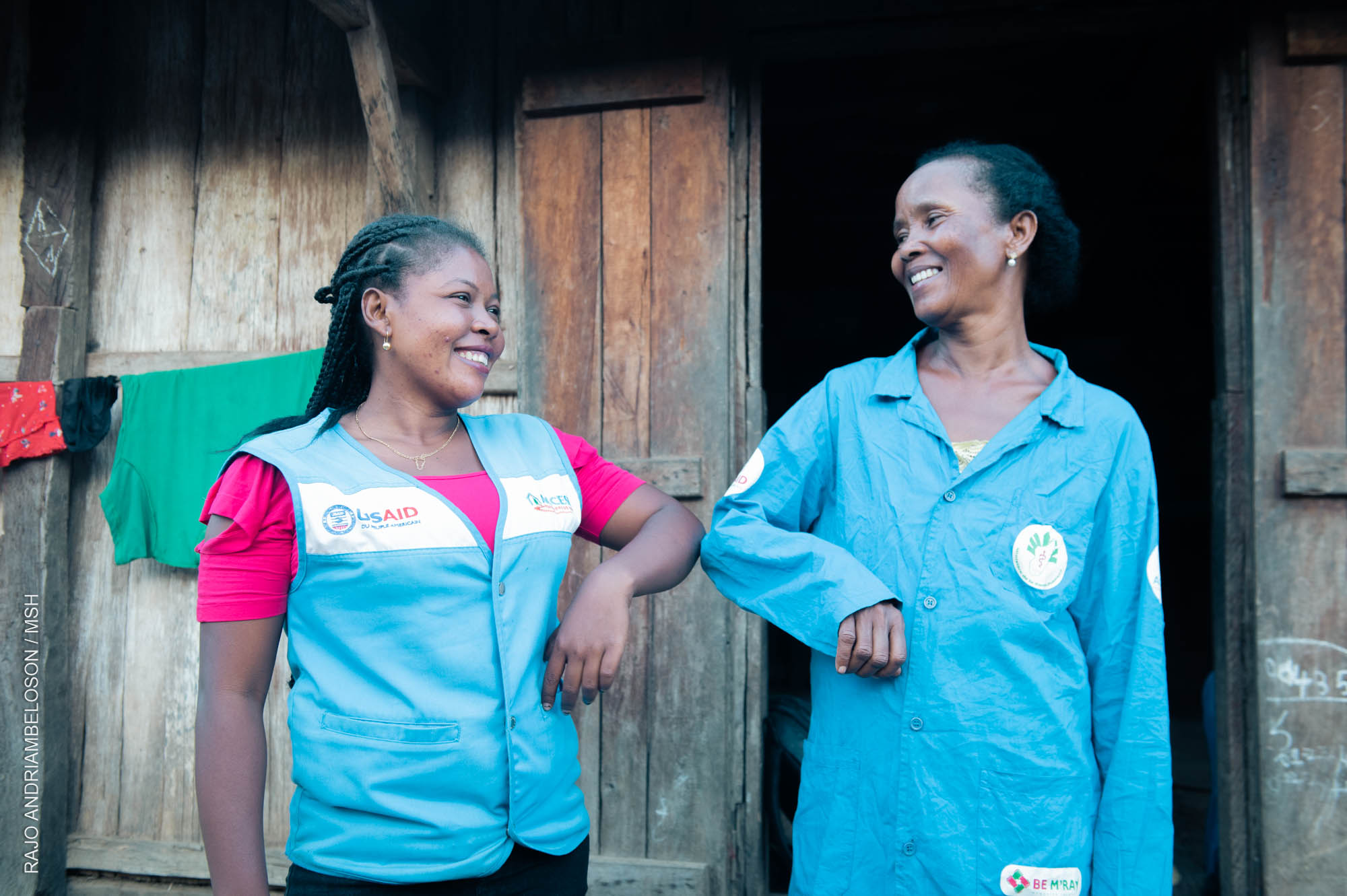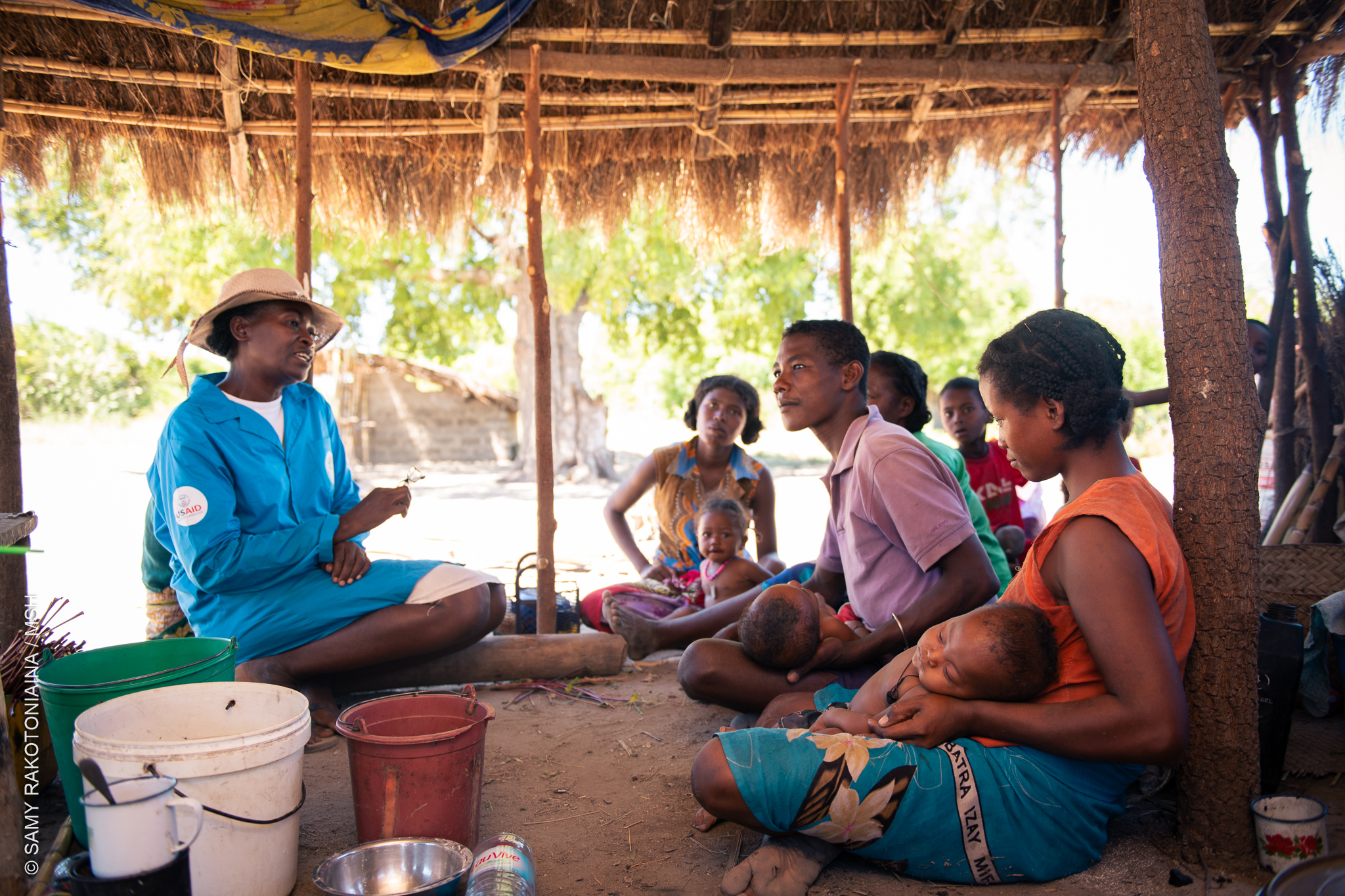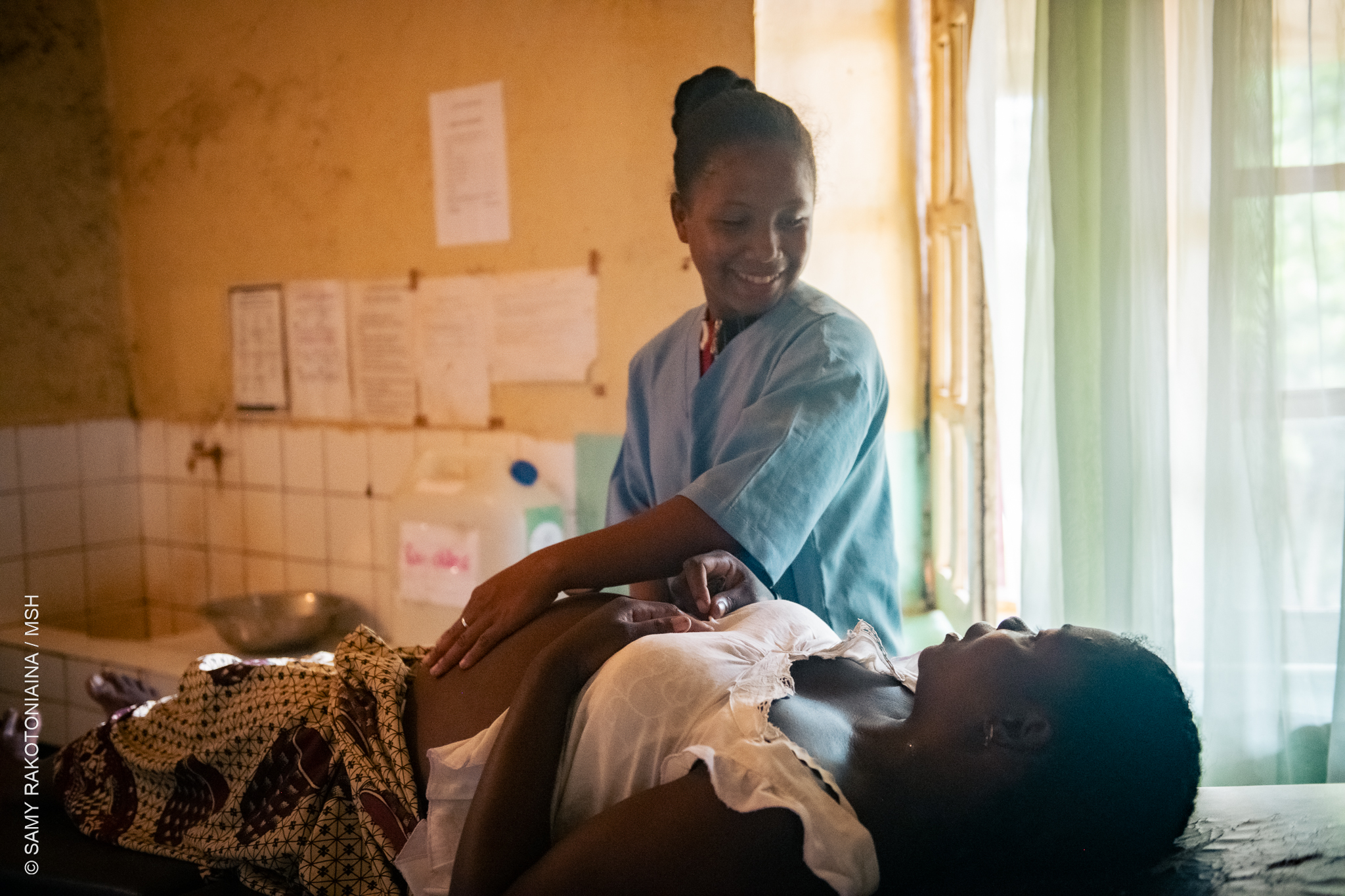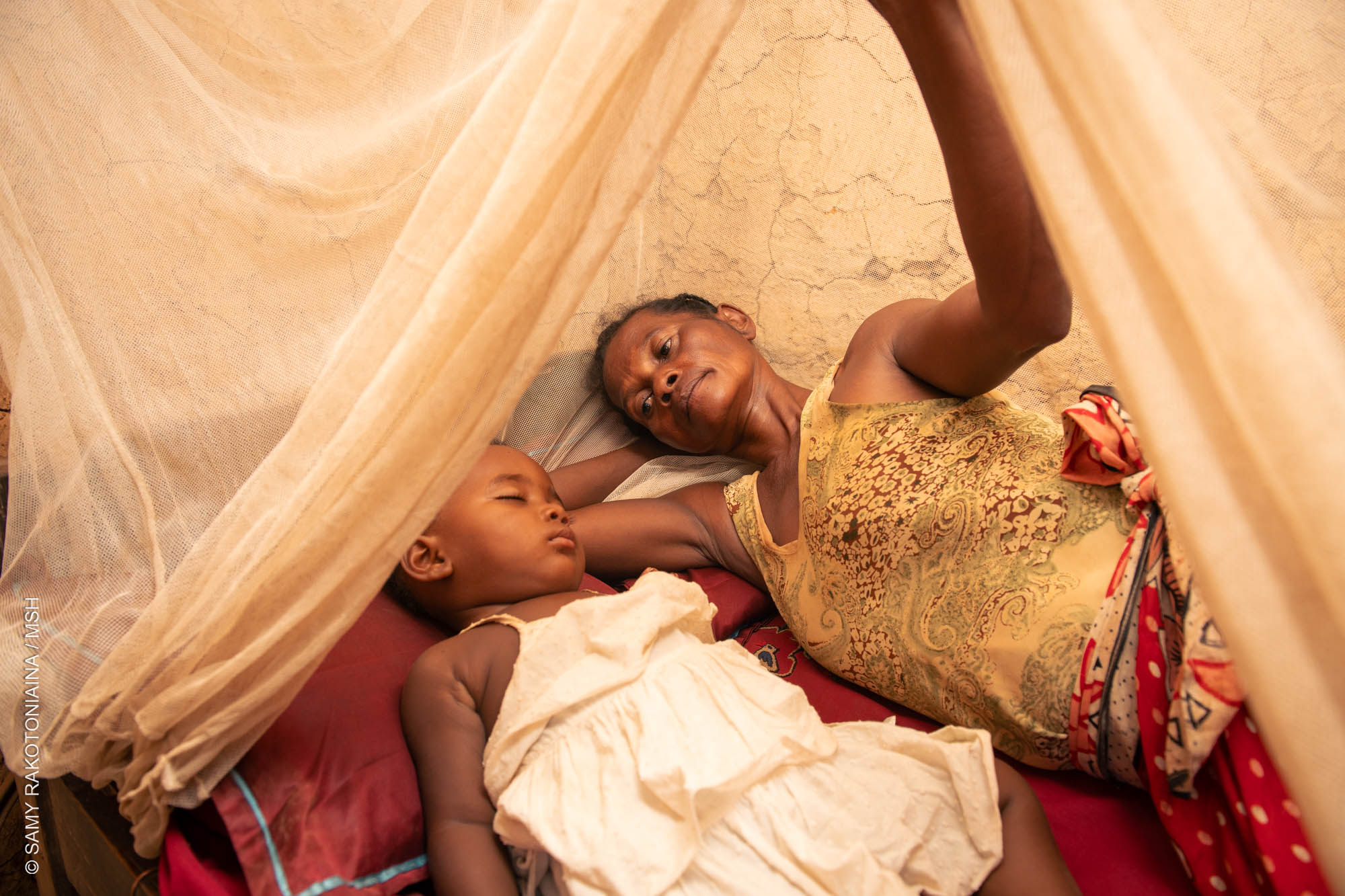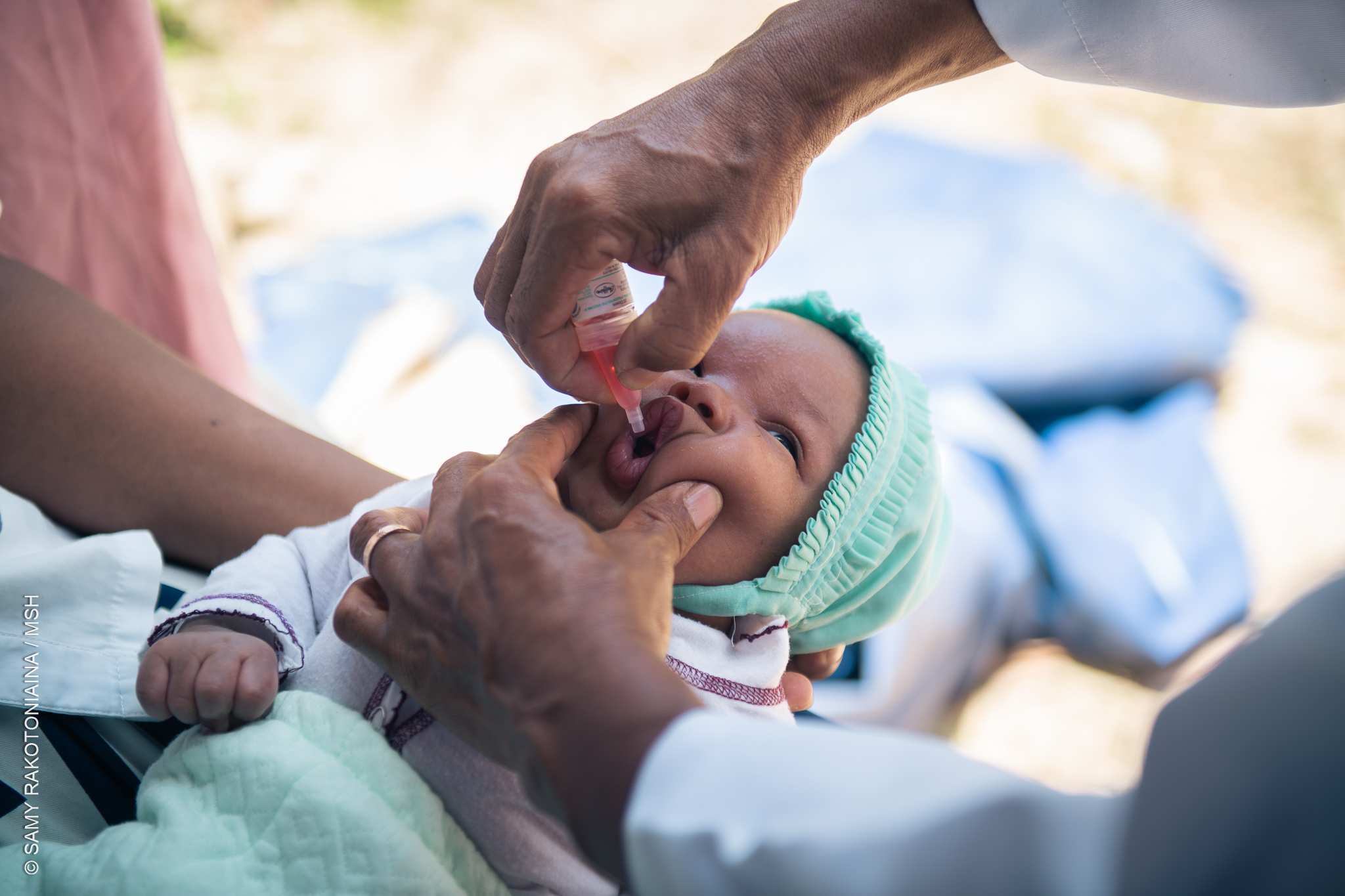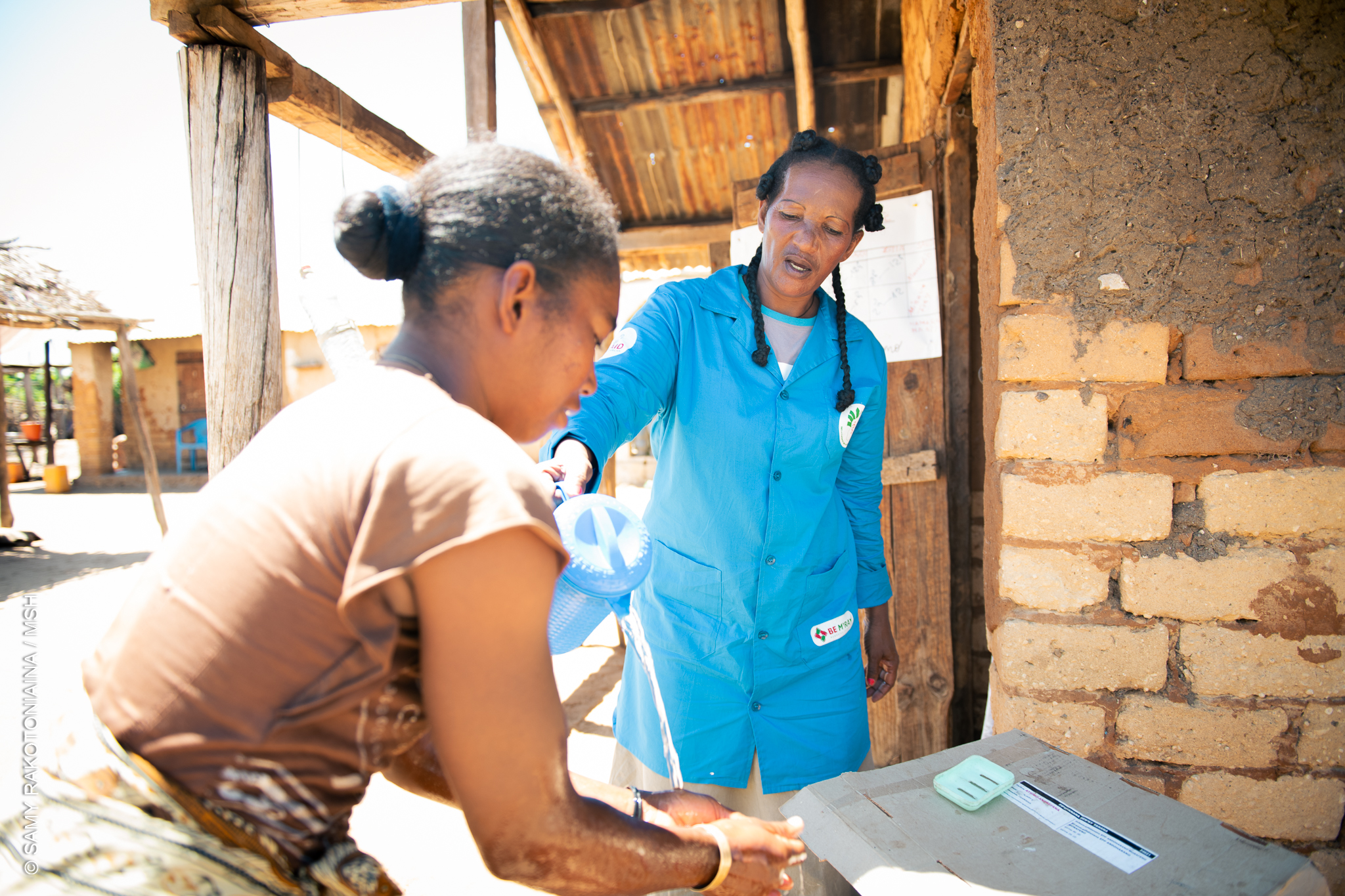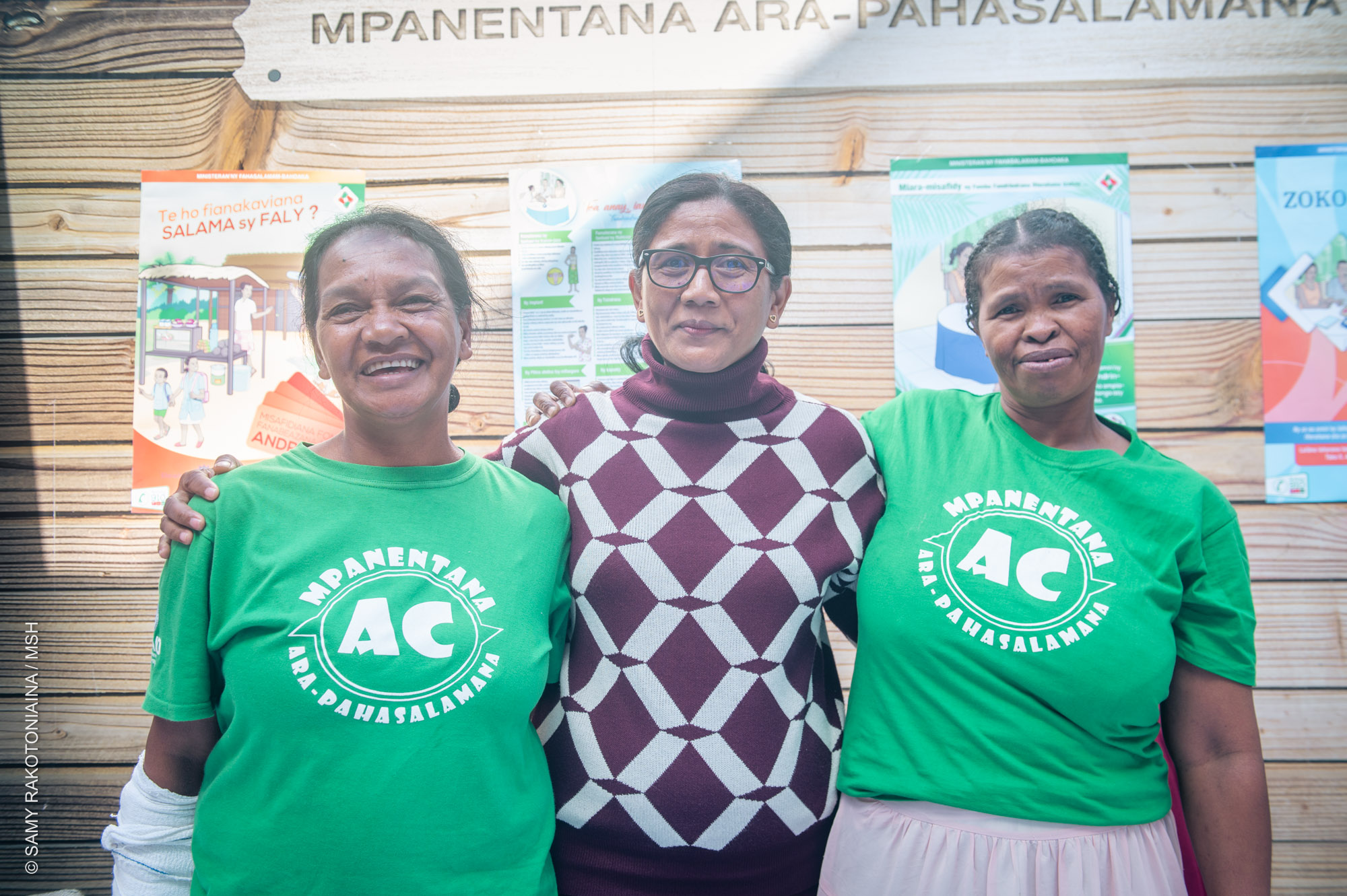The Accessible Continuum of Care and Essential Services Sustained Program
The Accessible Continuum of Care and Essential Services Sustained Program
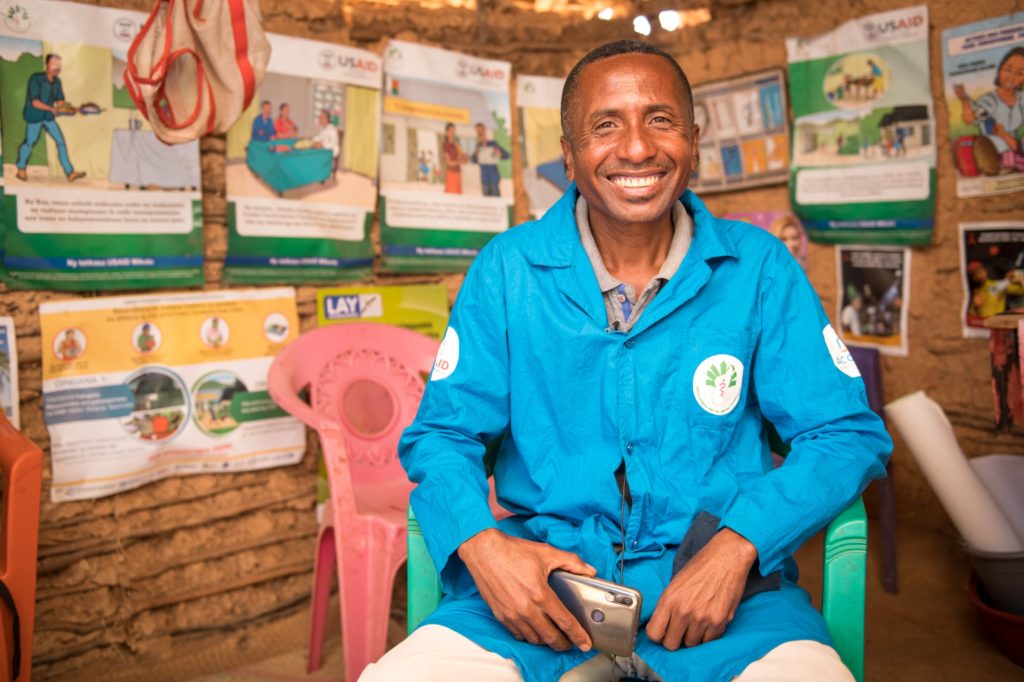
Overview
Through the USAID Accessible Continuum of Care and Essential Services Sustained (ACCESS) program, we continued to support the Government of Madagascar in accelerating sustainable health impact and strengthening the Ministry of Public Health’s stewardship of the health sector. The ACCESS program worked to ensure that person-centered, quality primary health care services were sustainably available and accessible to all Malagasy communities in the program’s target regions; that local health systems functioned effectively to support quality service delivery; and that the Malagasy people sustainably adopted healthy behaviors and social norms. ACCESS supported the Ministry in improving the quality of care provided by community health volunteers, health centers, and district hospitals through approaches that included low-dose, high-frequency training and supportive supervision; continuous quality assurance cycles; e-learning; improved data use for decision making; and enhanced supply chain systems.
In close partnership with the Government of Madagascar and its local partners, MSH conducted activities in 78 districts across 14 regions covering more than 16 million people. These activities included efforts to improve maternal and child health; prevent, detect, and treat malaria; increase access to and uptake of reproductive health and family planning services; combat malnutrition; and ensure access to safe water, hygiene, and sanitation. In addition, the program provided comprehensive support to the Ministry during public health emergencies, including the measles outbreak, a resurgence of poliovirus cases, and the COVID-19 pandemic. ACCESS helped train vaccination teams, improve accessibility through the establishment of vaccine sites and mobile clinics, implement communication campaigns to raise awareness, and strengthen information systems to monitor these epidemics.
From 2018 to 2025, ACCESS contributed to results that showed improved health outcomes for the Malagasy people. Across nearly 1,900 health facilities supported by ACCESS:
- Maternal mortality decreased from 130 to 65 per 100,000 live births (Oct. 2019– Sept. 2024)
- Neonatal mortality decreased from 5 to 3 per 1,000 live births (Jan. 2021–Sept. 2024)
Meet the Community Health Volunteers Who Are Improving Access to Care in Madagascar
Community health volunteers (CHVs) play a critical role in bringing primary health care services closer to people, particularly women and children under the age of five. The USAID-funded ACCESS program supports more than 20,000 CHVs across 14 of Madagascar’s 23 regions. Meet five of them in this photo/video essay.
The ACCESS Program: Scaling Up Health Technologies
Join MSH at the American Society of Tropical Medicine & Hygiene (ASTMH) Annual Meeting 2023
Focusing on the theme From Evidence to Action, our malaria experts will be at the American Society of Tropical Medicine and Hygiene’s (ASTMH) Annual Meeting—#TropMed2023—in Chicago, IL, from October 18–22, to present our approaches to improving quality of care for malaria in Madagascar and Nigeria.
Donors & Partners
Donors
The United States Agency for International Development
Partners
American Academy of Pediatrics
American College of Nurse-Midwives
Action Socio-sanitaire Organisation Secours
Catholic Relief Services
Dimagi
Johns Hopkins Bloomberg School of Public Health Center for Communication Programs
Population Services International
